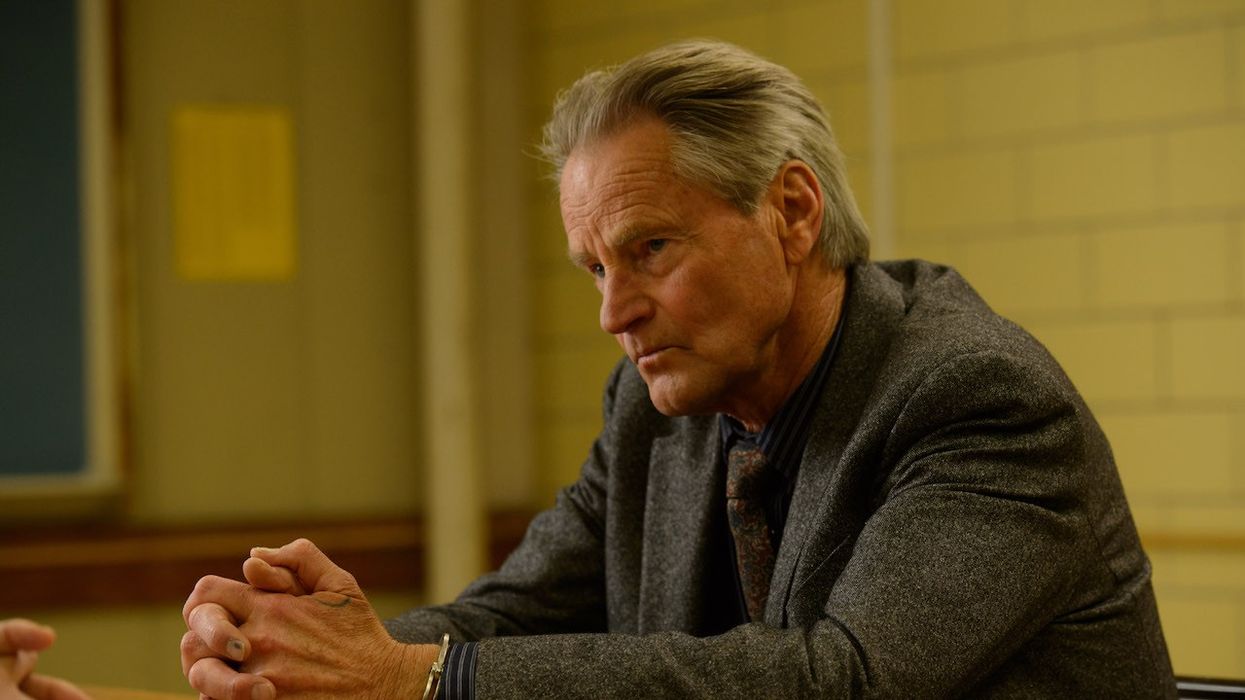Sam Shepard, Pulitzer-Winning Writer, Director, and Actor, Dies at 73
Sam Shepard, legendary jack of all trades, has passed away.

Sam Shepard is the type of artist who will be remembered across every discipline of culture. While the plays he wrote (44 in total) are some of the greatest contributions to American theater, the themes that sprouted from his mind have gone on to inspire generations of filmmakers, actors, and writers to delve into the darker side of family life, friendships, and experiences of love. Many consider him to be the greatest American playwright of his generation, but the roots run much deeper than that.
BroadwayWorld, which published the initial reports of Shepard's death this morning, recognized Shepard's plays as "chiefly known for their bleak, poetic, often surrealist elements, black humor and rootless characters living on the outskirts of American society." These works set a tone for many American artists as the idea of the nuclear family lost its sheen over the course of the '70s and '80s.
Mr. Shepard, who had been battling ALS for a long time, died peacefully at home in Kentucky in the company of his children and sisters. He was 73 years old.
In addition to his masterful career as a playwright, including his Pulitzer Prize-winning Buried Child, Fool For Love, and True West, Shepard was an acclaimed and uniquely gifted actor. His first role was as "The Farmer" in Terrence Malick's career-defining Days of Heaven (1978), opposite Richard Gere and Brooke Adams. He will perhaps best be remembered for his portrayal of Chuck Yeager in The Right Stuff, a performance for which he earned an Academy Award nomination in the category of Best Supporting Actor.
A few of Shepard's plays would later be adapted into films of their own, and Shephard would come on to contribute as a screenwriter. These include Paris, Texas, Fool for Love, and Far North—one of two films on which he tried his hand at directing.











